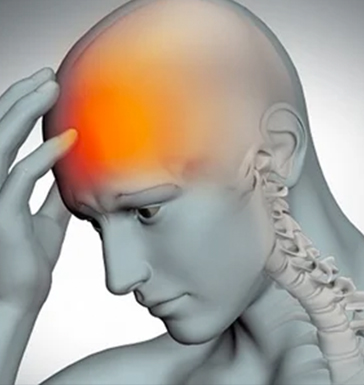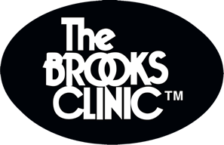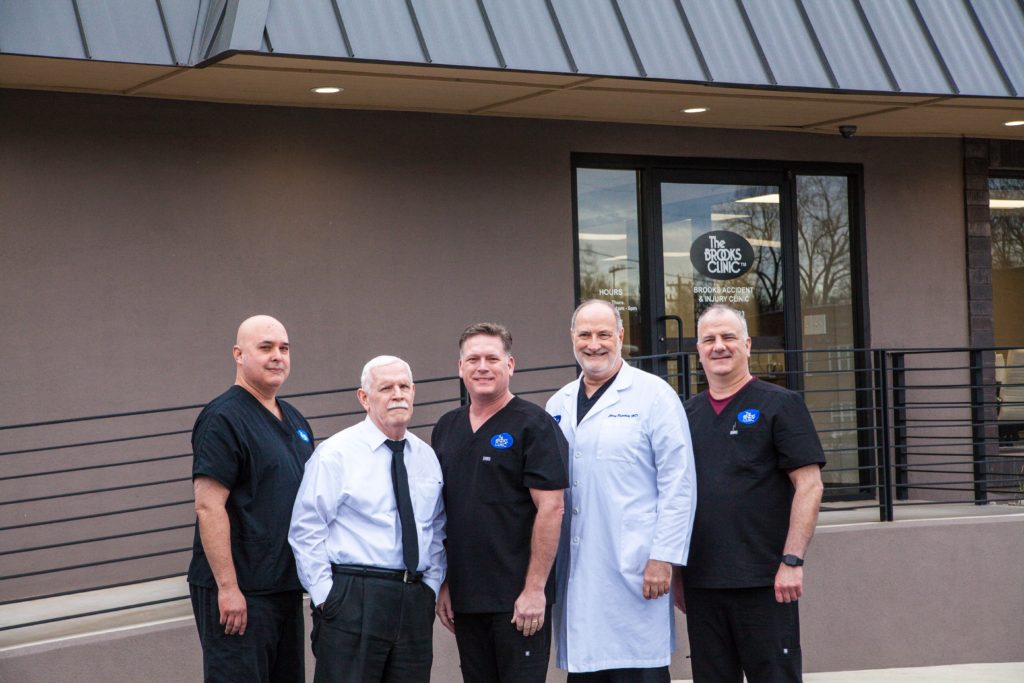
It is not uncommon for a car accidents to cause a closed head injury, known as a traumatic brain injury. This happens when the brain is suddenly pushed forward or backward and shaken against the skull. This rapid movement bruises or tears vital blood vessels and tissues in the brain. Additionally, an auto accident may also cause an open head injury when an object such as broken glass or other debris from the collision penetrates the skull and damages the brain. These wounds can completely alter the trajectory of your life, affecting your ability to work and enjoy the life you had before the accident. They require immediate attention.
Despite the devastating consequences of a head injury, it is often difficult for car accident victims to recognize the signs of traumatic brain injury in the immediate aftermath of the crash. It is crucial to seek medical attention after any collision where you hit your head. Knowing the signs can help you navigate the type of care you need.
How Common Is A Traumatic Brain Injury?
According to the CDC’s Surveillance Report on the incidence of traumatic brain injuries, motor vehicle crashes are the second leading cause of TBIs in the United States. On average, car accidents account for 24.75% of hospitalizations related to TBIs each year.
Sadly, these numbers are likely low. The CDC notes that the report does not include brain injuries treated in emergency departments, urgent care centers, and primary care offices. In all probability, these scenarios encompass a significant number of car accident victims who sustain TBIs.
Mild Traumatic Brain Injury Symptoms
A mild TBI may cause physical and psychological symptoms such as:
- Nausea and vomiting
- Headache
- Drowsiness or fatigue
- Changes in speech
- Dizziness
- Loss of balance
- Tinnitus (ringing ears)
- Changes in vision, taste, or smell
- Light or sound sensitivity
- Memory lapses
- Mood changes
- Depression or anxiety
- Sleep issues such as trouble sleeping or sleeping more often
- Difficulty concentrating
If you experience a mild TBI, you may or may not lose consciousness. Some people are unconscious for seconds or minutes, while others experience a dazed or disoriented mindset right after the car accident.
Moderate to Severe Traumatic Brain Injury Symptoms
Car accident victims who suffer moderate to severe TBIs may be unconscious for minutes or even hours in the aftermath of the crash. Potential signs of more serious brain injuries may include:
- Ongoing or worsening headache
- Repeated vomiting or persistent nausea
- Seizures
- Pupil dilation
- Clear fluid drainage from the ears or nose
- Difficulty waking from sleep
- Numbness and weakness of the fingers and toes
- Coordination challenges
- Severe or extreme confusion
- Unusual changes in behavior
- Slurring speech
- Agitated or combative behavior
- Coma or another consciousness disorder
Anyone is at risk for a TBI from a car accident, even infants and young children who may not be able to vocalize their symptoms. Parents should watch for changes in eating or nursing as well as unusual or inconsolable behavior such as irritability and persistent crying. Children may have trouble sleeping or sleeping too much, seizures, drowsiness, mood changes, or lose interest in their favorite activities and toys.

